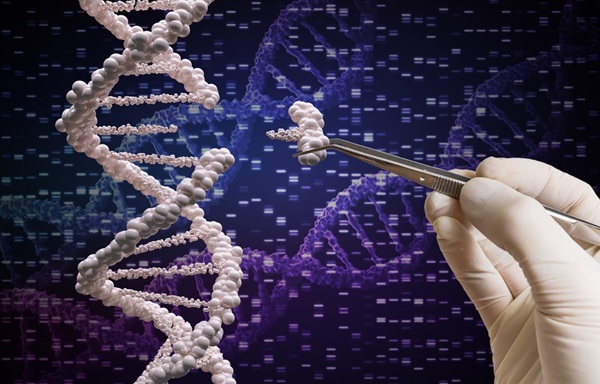Experimental Drug Shows Promise for Treating Small-Cell Lung Cancer
By LabMedica International staff writers
Posted on 30 Nov 2009
Cancer researchers have demonstrated that an experimental drug could successfully eliminate tumors caused by small-cell lung cancer (SCLC) in two different mouse models of the disease.Posted on 30 Nov 2009
Lung cancer is the most commonly fatal type of cancer, and small-cell lung cancer is perhaps its deadliest form. SCLC usually responds initially to chemotherapy, but rapidly relapses to a resistant form with an overall survival rate of less than 5%.
Previous studies had shown that fibroblast growth factor-2 (FGF-2) induced proliferation and resistance to chemotherapy in SCLC cells. To capitalize on these findings investigators at Imperial College London (United Kingdom) evaluated the performance of the experimental drug PD173074, a protein kinase inhibitor and angiogenesis inhibitor that blocks the FGF-2 receptor, in two different mouse models of human SCLC.
Results published in the November 15, 2009, issue of the journal Cancer Research revealed that in the first model PD173074 administered on its own eliminated tumors in 50% of the mice, and these mice remained disease-free for at least one year. In the second model, both PD173074 and the traditional chemotherapy agent cisplatin given separately slowed tumor growth. Yet, when the drugs were combined, they acted significantly faster than either drug individually.
At the molecular level, the investigators found that the beneficial effects of PD173074 treatment were not a consequence of its known antiangiogenic activity, but instead correlated with increased apoptosis (caspase 3 and cytokeratin 18 cleavage).
"Lung cancer is the most common cancer killer in the world and over 100 people in the UK are diagnosed with the disease every day. Around one in five of those people will have small-cell lung cancer. Although it responds to chemotherapy initially, the tumors soon become resistant to treatment and sadly nearly all people with the disease do not survive," explained senior author Dr. Michael Seckl, professor of molecular oncology at Imperial College London.
"We urgently need to develop new treatments for this disease. Our new research in mice suggests that it may be possible to develop the drug PD173074 into a new targeted therapy for small-cell lung cancer," said Dr. Seckl. "We hope to take this drug, or a similar drug that also stops FGF-2 from working, into clinical trials next year to see if it is a successful treatment for lung cancer in humans. An added bonus of this drug is that it could be taken orally, which would make it less invasive than some other forms of cancer therapy."
Related Links:
Imperial College London









 (3) (1).png)




